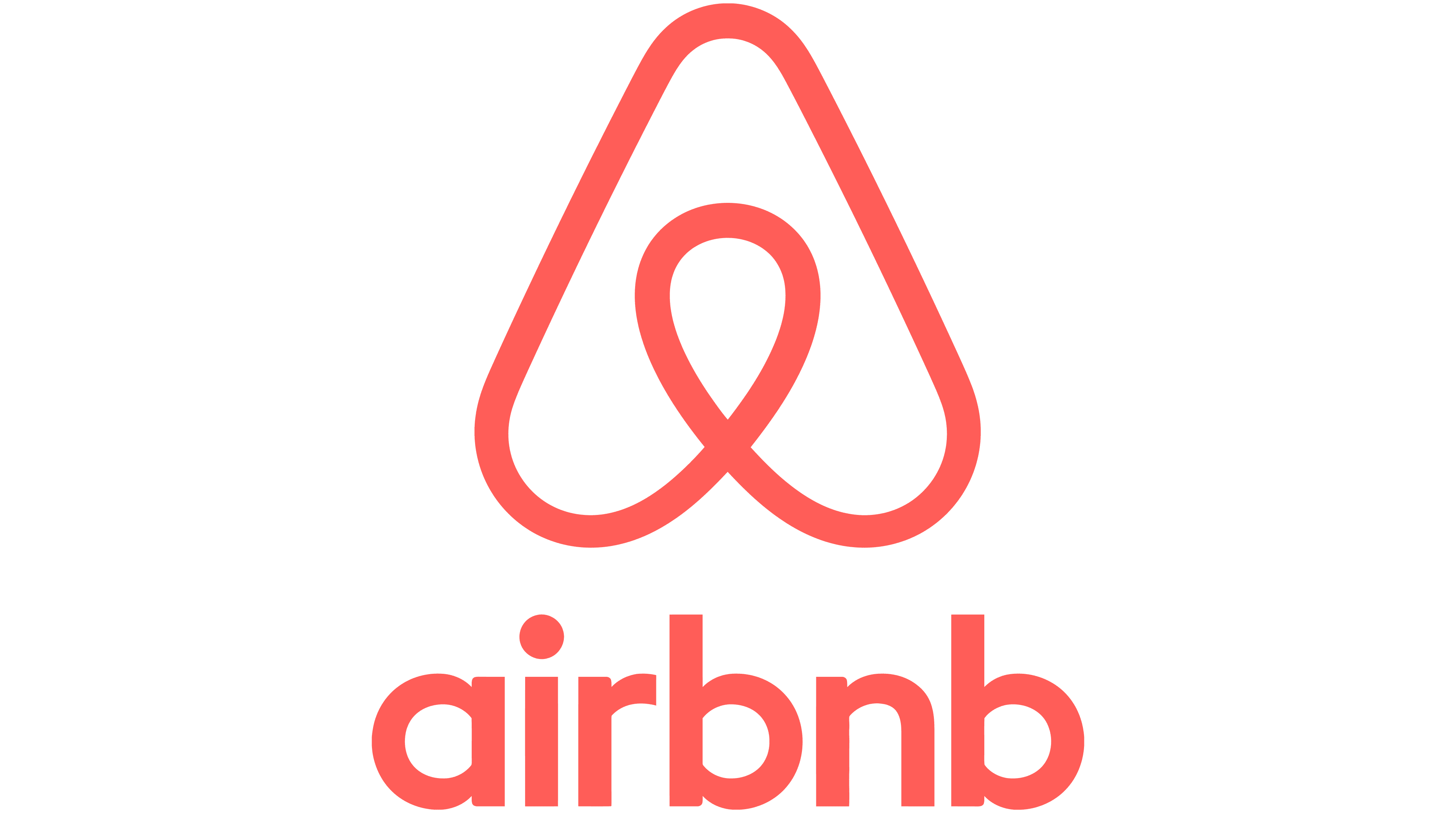Popular Hotel Valuation Models and Appraisals For Owners

April 15, 2024
Enjoy Your Vacations with Rock Island Eres Bella
Income Capitalization Approach: This approach estimates the value of a hotel based on its expected income. It considers factors such as revenue, expenses, and capitalization rates. Owners can use this approach to understand the potential return on investment and set appropriate room rates.
Comparable Sales Approach: Also known as the market approach, this method compares the hotel to similar properties that have recently sold. By analyzing these sales, owners can gauge the market value of their hotel based on similar transactions.
Replacement Cost Approach: This approach calculates the cost to replace the hotel with a similar property. It considers factors such as land value, construction costs, and depreciation. Owners can use this method to determine the value of their hotel based on its current condition and potential for future improvements.
Discounted Cash Flow (DCF) Analysis: DCF analysis estimates the present value of a hotel’s future cash flows. By discounting these cash flows back to their present value, owners can determine the value of their hotel based on its income potential over time.
Income Multiplier Method: This method uses a multiplier applied to the hotel’s revenue or earnings to estimate its value. The multiplier is based on industry standards and the hotel’s performance metrics. Owners can use this method to quickly estimate their hotel’s value based on its revenue.
ROI Analysis: Return on investment (ROI) analysis evaluates the profitability of a hotel investment over time. Owners can use this analysis to assess the potential return on their investment and make informed decisions about buying, selling, or renovating their hotel.




